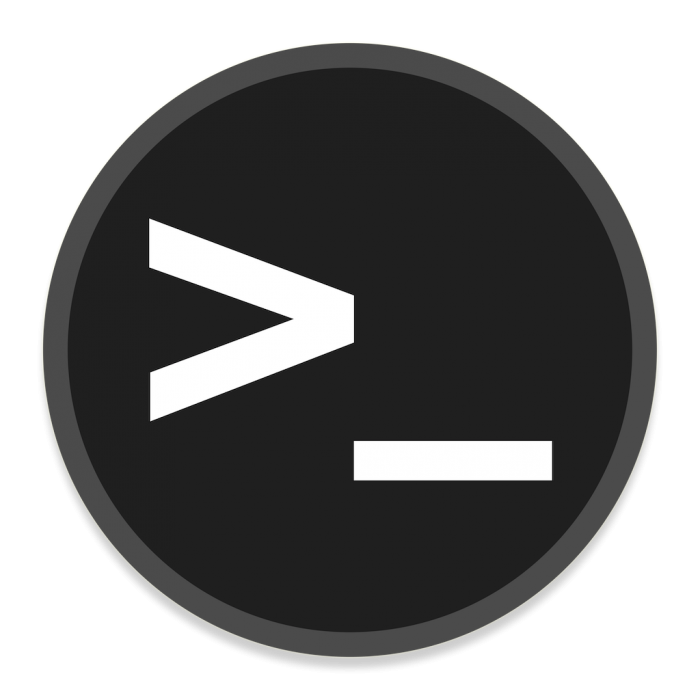

Yeah, I think that’s probably for the best honestly.
Hiker, software engineer (primarily C++, Java, and Python), Minecraft modder, hunter (of the Hunt Showdown variety), biker, adoptive Akronite, and general doer of assorted things.


Yeah, I think that’s probably for the best honestly.


Ahhh so leapp will simply become less relevant because a better upgrade mechanism will take over


Huh, thanks for the history and I missed that last part so thanks for that too!
It sounds like the original edit program might have been (at least partially) hand coded assembly or something (maybe some unportable C that made a variety of bad assumptions) if they were never able to port it to anything but 32-bit x86.
Maybe the new edit will gain any missing functionality eventually.


Interesting … yeah it looks like Leapp can do some upgrades for Alma and possibly others as well (TIL). I’m not sure how well that upgrade process would compare / be supported vs Debian though.
What’s the image mode and ostree stuff? Is that required for RHEL and/or Alma going forward?


No that’s canonical


There are pros and cons to verbosity and to using many files vs one.
Cron needs a special tool to edit it because you can break a bunch of stuff trying to edit another, very easily, and by accident.
The commands themselves when I was first learning I found easier to remember than things like dmesg or /var/log/ … they all follow similar conventions and aren’t so chopped up short that you can’t guess what they do by looking at them.
Similar to how most people don’t prefer 3 letter variables in code … I’m glad we’ve largely moved on from 3 letter commands. Granted, if you use them a lot you should definitely make your own three letter aliases in your preferred shell scripting language.


I think systemd has moved desktop and server Linux towards being more BSD-like … and I don’t necessarily think that’s a bad thing.
Maybe we’ll end up needing an X11 -> Wayland sort of transition where there are protocols instead of “an implementation.”
However, I’ve yet to see systemd be meaningfully detrimental. Are distros a little less different? Yeah. Has it made my life easier when I need to go between distros? Also, yeah.
I think on some level, we’re just getting to a more mature Linux desktop and server … and as a result consolidating on stuff that really doesn’t have strong reasoning to be different.


TIL; though I moved my servers to Debian … having the ability to sanely upgrade without a reinstall is a major plus.


That’s interesting; I find the git CLI pretty intuitive especially for basic use cases most people would need, but I’ve also used git for 15 years now.


git is genuinely one of the best tools ever created. It is an extremely simple idea with crazy effectiveness and a reasonable UX that is a bit off putting at first but makes a lot of sense later on.
That said, I’d genuinely be curious what you think jj has improved upon git.


Nice find!


Was there something special about it?
People that do these sorts of remote work via GUIs exist. But yes, the switch is likely pretty obvious to them. I for one used to do it with Minecraft server stuff, I had FileZilla; Dolphin pretty much replaced that instantly for me. MUCH later, scripts replaced Dolphin.
Is it though? They’d face the same issues switching to MacOS. There’s no point in lying that some of their favorite programs may not work. I still miss Paint.net though GIMP has grown on me a lot.
Nobody is going to leave their old Windows files on their OS drive AND install Linux unless their goal is to dual boot (and that’s clearly not who this is for).
The entire file system needs to be replaced in the process of installing Linux, so there’s no “somebody should find a better solution to this.” The only way to do it would be to relocate and resize partitions as files are copied … and that’s incredibly dangerous. Not to mention attempting to guess what files are important to the Windows user has a high probability to fail.
This advice is good. You should regularly copy stuff you care about to an external hard drive and ideally use a backup program anyways. SSDs don’t fail as fast as HDDs did, but it will happen someday (or very well could).
Yeah, I’ve never liked this as an argument for Linux. People should update software (at least when there’s a security related issue) … for the exact same reason they should ditch Windows 10. However, as you said “Having to explain to people that their perfectly working computer is actually not working despite all available evidence is a bit of an issue.”
Many people prefer to roll the dice with those issues.